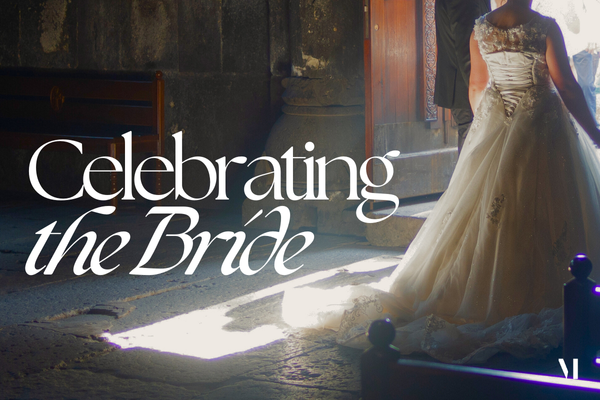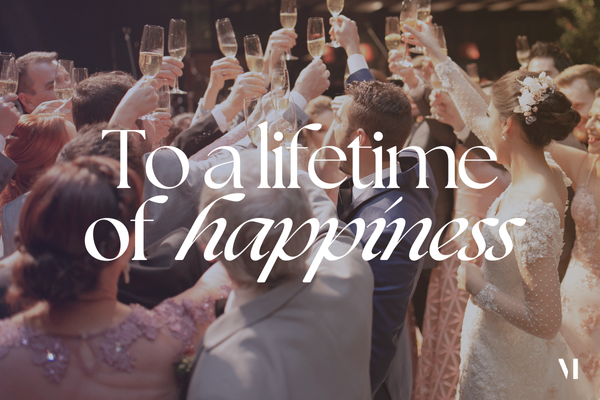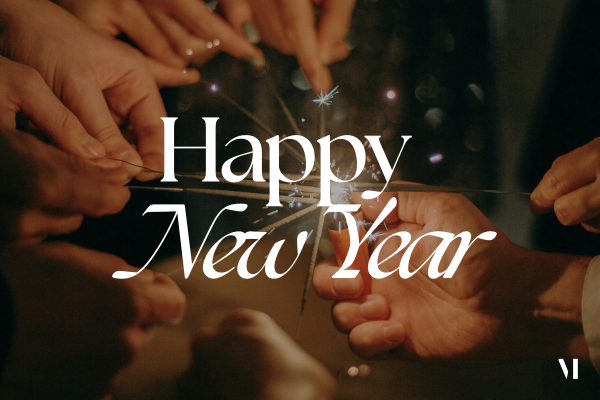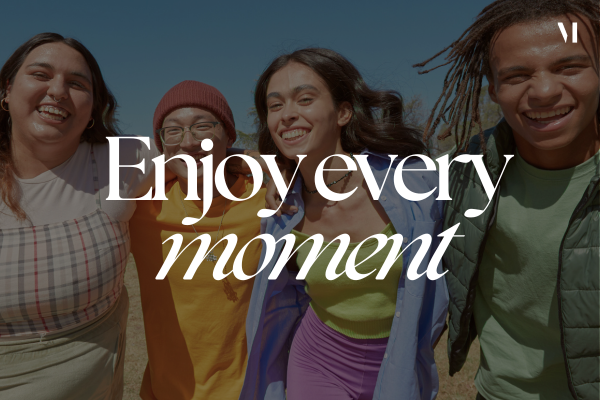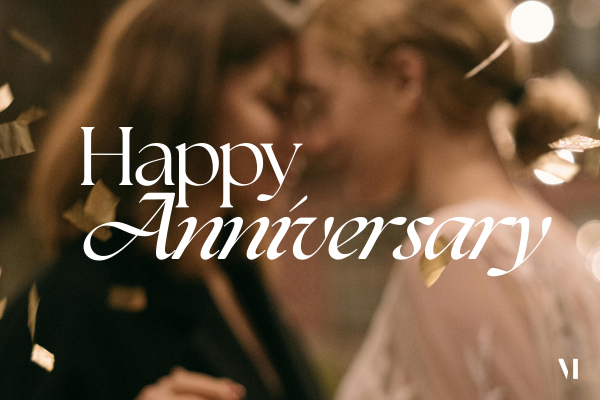Employee motivation isn’t about the size of the bonus check anymore. It’s about the story that bonus becomes. The memory it creates. The person it helps someone become.
Cash disappears into mortgage payments and grocery bills, forgotten within weeks. But that cooking class in Tuscany? That sunrise hot air balloon ride? That moment of pure freedom to choose exactly what joy looks like? Those live forever in the stories we tell and the people we become.
This isn’t hypothetical. This is happening in companies that understand reward effectiveness goes beyond monetary transactions.
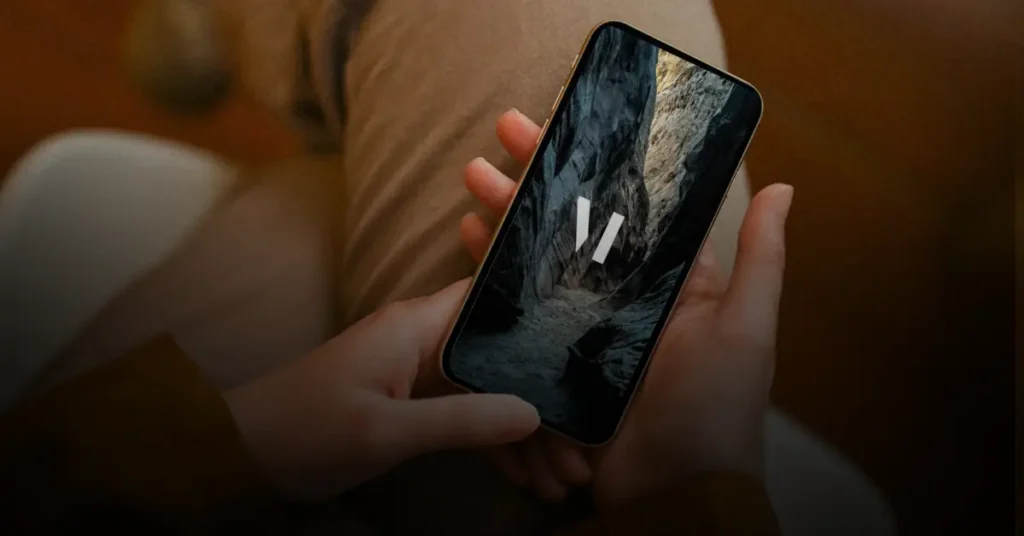
The Neuroscience of Reward: Why Our Brains Prefer Stories Over Dollars
Your brain processes cash and experiences through completely different neural pathways. It shows that experiential purchases activate the anterior cingulate cortex and create lasting satisfaction that material purchases, including cash, simply cannot match.
Here’s why this matters for everyone trying to motivate their teams.
When employees receive cash bonuses, the initial dopamine spike fades within 48 hours. The hedonic adaptation kicks in immediately. That $5,000 bonus that felt life-changing on Friday feels normal by Monday.
Your brain literally rewires itself to treat this new financial baseline as the expectation, not the exception. The motivation disappears as quickly as the novelty.
Experiences work differently. They resist hedonic adaptation because they exist primarily in memory, not reality.
The anticipation phase alone makes experiences more motivating than cash. A study found that people waiting for experiences report significantly higher happiness levels than those waiting for material goods or cash.
Your team starts feeling rewarded the moment they begin choosing their experience. The motivation begins before the reward even happens.
Breaking the Cash Bonus Mythology
Let’s confront the elephant in every compensation committee room. “Employees prefer cash because it’s flexible.”
This assumption drives billions in bonus payments that create minimal lasting motivation. But what does the data actually say?
Non-cash rewards generate 3x higher performance improvements than cash bonuses of equal value. The reason isn’t mysterious. It’s human. Cash feels transactional. Experiences feel transformational. One pays bills. The other changes lives.
Consider the social dynamics. Nobody brags about their bonus at dinner parties. It feels gauche, boastful, and inappropriate. But everyone shares experience stories. These stories connect us, inspire others, and reinforce the positive feelings associated that made them possible.
The “flexibility” argument for cash also misunderstands modern experience platforms. Today’s experience rewards offer more flexibility than cash because they can’t be absorbed by daily expenses.
They must become something memorable. With Mojo Gift, thousands of options across every interest and location are available. Employees get ultimate flexibility within a framework that guarantees meaningful use.
The Hidden Costs of Cash-Based Recognition
Cash bonuses carry invisible costs that erode their motivational value. Tax implications immediately reduce the perceived value by 25-40%.The psychological impact of this reduction destroys much of the intended motivation before it even begins.
Social comparison can also undermine cash rewards. When bonus amounts are public, people inevitably compare. Experience rewards sidestep this because each person’s gift reflects personal preferences rather than an amount. Research into reward format shows that non-cash rewards avoid many of the negative effects tied to cash rewards.
Over time, expectation becomes entitlement. What felt generous now begins to feel normal. The novelty fades. Studies of incentive programs show that employees with non-cash rewards tend to maintain higher motivation and engagement over longer periods.
The money goes toward debt, bills, obligations. While this helps employees financially, it doesn’t create the positive emotional associations that drive sustained motivation and engagement. The company becomes the place that helps pay bills, not the place that creates meaningful moments.

Experience Economics: The ROI Nobody Talks About
The financial case for experience rewards surprises even seasoned CFOs. Let’s break down the real economics of employee motivation through experiences versus cash.
Retention value multiples far exceed initial investment. It shows that replacing an employee costs between 50-200% of their annual salary.
One saved resignation pays for years of experience rewards. But cash bonuses show minimal correlation with retention after controlling for base salary. Experiences create emotional bonds that transcend monetary calculations.
Here’s a revealing comparison of investment versus impact:
- Productivity gains: Experience rewards generate 2.5x productivity improvements versus cash
- Engagement scores: 42% higher for experience recipients after six months
- Advocacy rates: 73% of experience recipients actively recommend their employer
- Innovation metrics: Teams receiving experiences submit 3x more new ideas
- Collaboration increases: 31% more cross-team projects initiated
The referral value alone justifies the investment. Employees who receive meaningful experiences become authentic employer brand ambassadors.
They share stories on social media. Recommend the company to talented friends. Create organic recruitment pipelines worth hundreds of thousands in saved recruiting fees.
The cultural compound effect multiplies individual motivation into collective energy.
When five team members share their experience stories, it creates more cultural value than fifty cash bonuses nobody discusses. This social amplification transforms individual rewards into community builders.
The Psychology of Choice: Why Selection Matters More Than Size
The act of choosing an experience activates reward centers that receiving cash never touches. This isn’t just feel-good philosophy. It’s documented neuroscience that explains why employee motivation through choice outperforms assigned rewards every time.
It reveals that perceived control over rewards increases their motivational impact by up to 70%.
When employees choose their experience from curated options, they’re not just receiving a reward. They’re exercising autonomy, expressing identity, and actively participating in their own recognition.
The commitment psychology works powerfully here. When someone chooses their reward, they psychologically commit to enjoying it.
They can’t blame the company if they don’t like it. They chose it. This ownership mentality transforms potential dissatisfaction into personal responsibility for maximizing enjoyment.
Choice also solves the personalization problem at scale. You don’t need to know every employee’s preferences perfectly.
You just need to offer enough options that everyone finds something personally meaningful. This scalable personalization makes experience rewards practical for companies of any size.
Timing and Delivery: The Moments That Multiply Impact
When and how you deliver rewards matters as much as what you deliver. Experience rewards offer timing advantages that cash cannot match.
Immediate gratification meets delayed satisfaction. Employees receive their experience credits instantly but choose when to use them.
This combination satisfies our need for immediate recognition while creating anticipation that extends the motivational impact. Cash spent is gone. Experience credits waiting to be used continue generating positive feelings.
The celebration window extends far beyond the redemption moment. There’s the choosing phase (excitement). The planning phase (anticipation). The experience itself (joy). The sharing phase (connection). The memory phase (lasting satisfaction).
Each phase reinforces positive associations with the employer. Cash offers only the receiving moment, then disappears.
Milestone matching becomes possible with experiences. This contextual matching makes rewards feel thoughtful rather than transactional.
Global and Remote Team Considerations
Distance complicates cash rewards but simplifies experience rewards. Currency conversions, tax implications, and cost-of-living variations make equal cash recognition impossible globally.
Experience platforms solve international equity elegantly. Every employee receives the same value in experience credits, but local options reflect regional preferences and economics.
Digital delivery eliminates physical limitations. No shipping costs eating into reward budgets, and no customs delays dampening excitement.
No lost packages destroying motivation. Experience credits arrive instantly anywhere, making remote employees feel as connected as office workers.
Cultural sensitivity happens naturally through choice. You don’t need to understand every cultural nuance when employees select their own culturally appropriate experiences.
Mojo Gift ensures options respect local customs while maintaining global consistency in value and quality.

Building Experience-First Recognition Programs
Transitioning from cash to experiences requires thoughtful change management. Here’s how successful companies make the shift without disruption.
Start with pilot programs in receptive departments. Choose teams already struggling with cash bonus limitations. Let success stories spread organically. Nothing convinces skeptics faster than colleagues raving about their experiences.
Communication frames everything. Don’t position experiences as cash replacements but as recognition evolution. Create choice architecture that guides without restricting. Offer categories (adventure, learning, wellness, entertainment, giving back) but let employees explore within them.
Launch with transparency about the journey. This is new for everyone. There will be adjustments. Feedback is welcome. The program will evolve. This humility and openness reduces resistance and encourages participation.
Measuring What Matters: Beyond Satisfaction Scores
Traditional metrics miss the true impact of experience rewards. Satisfaction scores tell you what happened. Behavioral changes tell you what matters.
Story collection reveals impact that surveys can’t capture. Ask employees to share their experience stories.
Analyze themes. Notice emotional language. Social amplification metrics matter more than individual satisfaction. How many employees share their experiences on social media? How many referrals mention the experience program?
Longitudinal impact tracking shows experiences appreciating while cash effects depreciate. A certain study demonstrates that experience satisfaction increases over time while material purchase satisfaction decreases.
Common Objections and Elegant Solutions
“But employees have bills to pay.” Yes, they do. That’s what salaries are for. Bonuses and recognition serve different purposes.
Mixing financial support with motivational recognition dilutes both. Pay fair salaries. Then recognize experiences that create meaning beyond money.
“Cash is simpler to administer.” Was it though? Tax calculations, currency conversions, fairness debates, comparison grievances.
Mojo Gift handles complexities without a hitch. One system, global reach, no administrative burden. Simplicity comes from elegant solutions, not basic ones.
“What about employees who just want cash?” They exist. They’re also usually the least engaged, most likely to leave, lowest performers.
Design your recognition for the employees you want to keep and attract, not the ones checking out. The right people for your culture will appreciate experiences. The wrong ones will self-select out.
“How do we handle budget constraints?” Experiences stretch budgets further than cash because they can’t be wasted. Every dollar becomes a memory.
No absorption into daily expenses. No forgotten deposits. Full value delivery every time. Your budget works harder, not larger.
Turn recognition into experiences they’ll remember.
Every achievement deserves to be remembered. With our corporate solutions, recognition becomes more than a gesture, it becomes an experience that empowers, inspires, and leaves a lasting mark on every individual.
The Future of Recognition: Predictions and Preparations
Recognition is evolving from transaction to transformation. Companies leading this evolution will attract and retain tomorrow’s talent. Those clinging to cash will struggle with engagement and retention.
Personalization will become an expectation, not an exception. AI will curate experience recommendations based on individual preferences, past choices, and peer selections.
But human judgment will remain central. Technology amplifies thoughtfulness, not replace it.
Experience diversity will explode. Virtual reality experiences. Skill-sharing with colleagues globally. Micro-experiences for daily recognition. Integration with purpose will define leading programs. Employees will choose experiences that align with company values and personal purpose.
Recognition becomes a force for good, not just individual gain.
Your Experience Revolution Starts With One Choice
The shift from cash bonuses to experience rewards isn’t just about changing what you give. It’s about changing what you create. Connections instead of transactions. Stories instead of statements. Transformation instead of transfers.
Mojo Gift understands this shift deeply. When you give employees the power to choose from 100,000+ experiences across 100+ countries, you’re not just recognizing performance.
You’re acknowledging humanity, saying their joy matters as much as their productivity. Trusting them to know what recognition means to them.
The gift they’ll remember you for won’t be the biggest check. It’ll be the experience that changed their perspective, renewed their passion, or created their favorite memory.
Let them turn your gesture into their story. Choose what celebration means. Discover that employee motivation through experiences creates something cash never could. A reason to stay that has nothing to do with money and everything to do with meaning.
Start small. Pick one team. Offer Mojo Gift experience rewards for one quarter.
The power to write their own stories. The experiences that remind them why they work and what they’re working for.
Because beyond bonuses lies something more powerful than money. The recognition that transforms jobs into journeys, colleagues into companions, and companies into communities.
That transformation starts with one simple shift. From asking “how much?” to asking “what would bring you joy?”
The answer will revolutionize more than your recognition program. It will revolutionize your culture.

